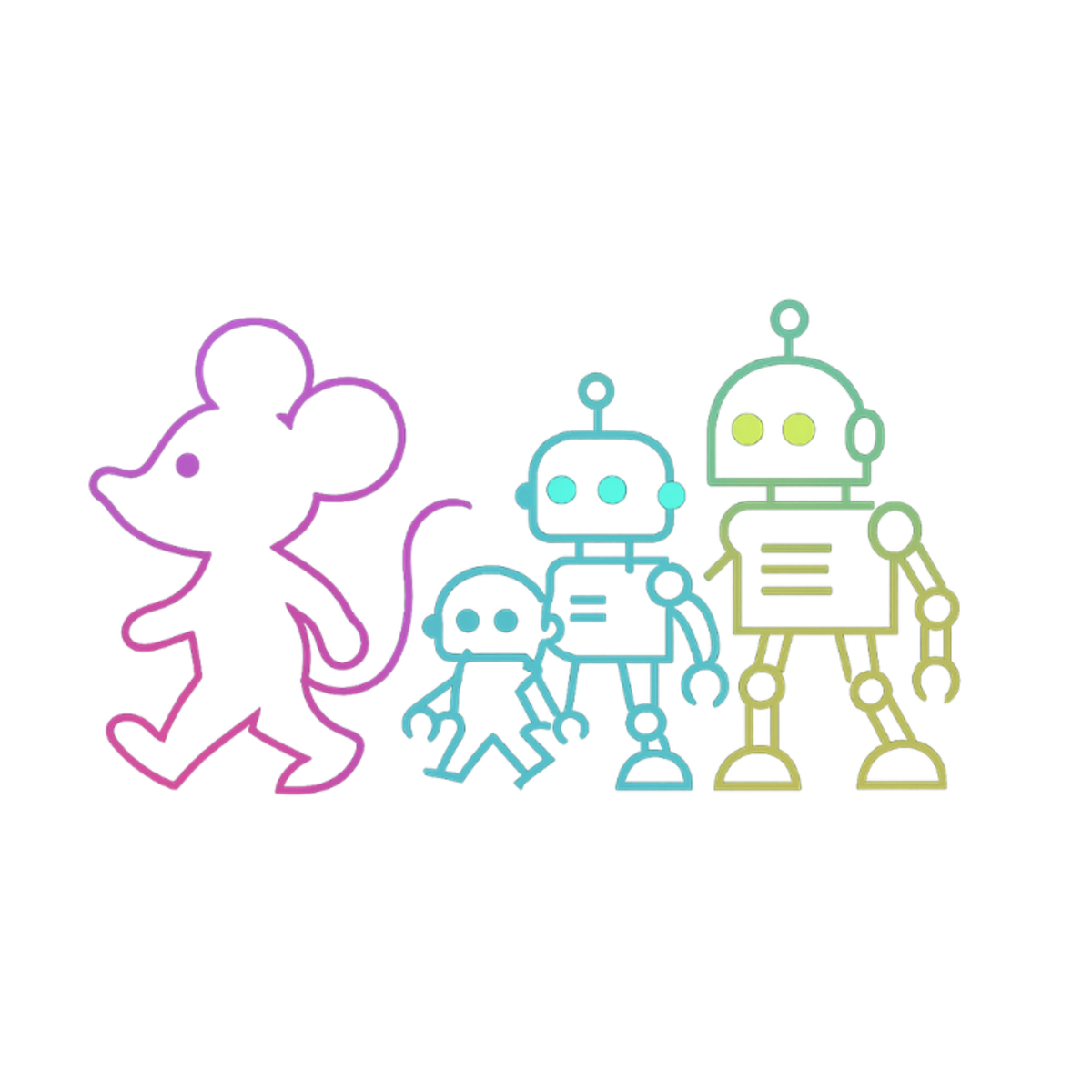OpenAI has unveiled two new open weight language models, gpt oss 120B and gpt oss 20B, marking a significant shift in the competitive landscape of artificial intelligence. These models are freely accessible and customizable, positioning OpenAI directly against rivals like Meta and China's DeepSeek, both of which have made substantial strides in open AI development.
OpenAI's Strategic Shift Towards Open Weight Models
The release of gpt oss 120B and gpt oss 20B represents OpenAI's first open models since the launch of ChatGPT. Unlike fully open source models, these open weight models provide access to trained parameters without disclosing the full training datasets or code. This approach allows developers to fine tune the models for specific applications while maintaining a level of control over the underlying architecture.
OpenAI CEO Sam Altman emphasized the importance of this move, stating, "OpenAI's mission is to ensure [artificial general intelligence] that benefits all of humanity. To that end, we are excited for the world to be building on an open AI stack created in the United States, based on democratic values, available for free to all."
The models are designed for agentic workflows, enabling configurable reasoning efforts. This means developers can adjust the depth and complexity of the models' reasoning processes, tailoring them to various tasks and computational constraints. The larger model, gpt oss 120B, can run on a single GPU, while the smaller gpt oss 20B is optimized for personal computers, making advanced AI capabilities more accessible to a broader range of users.
Meta and DeepSeek's Open AI Initiatives
OpenAI's release comes in response to increasing competition from Meta and DeepSeek. Meta has been developing its own open weight models under the Llama series. However, recent efforts have reportedly fallen short of expectations, prompting Meta to intensify its AI investments. CEO Mark Zuckerberg announced plans to develop an AI assistant capable of serving over a billion people and to upgrade Llama 4 to compete with the best models available.
DeepSeek, a Chinese AI startup, has disrupted the industry with its R1 model, which achieved performance levels comparable to OpenAI's offerings at a fraction of the cost. DeepSeek's success has been attributed to efficient training methodologies and the use of cost effective hardware. The company's models are open weight, allowing for customization while maintaining certain usage conditions.
Yann LeCun, Meta's chief AI scientist, commented on the significance of DeepSeek's achievements, stating, "To people who see the performance of DeepSeek and think, 'China is surpassing the US in AI.' You are reading this wrong. The correct reading is, 'Open source models are surpassing proprietary ones.'"
Implications for the AI Industry and Future Outlook
OpenAI's introduction of customizable, open weight models signifies a broader trend towards transparency and accessibility in AI development. By providing models that can be tailored to specific needs without the need for extensive resources, OpenAI is democratizing access to advanced AI capabilities.
This move also reflects a strategic response to the successes of competitors like DeepSeek, which have demonstrated that high performing AI models can be developed efficiently and cost effectively. The competition among OpenAI, Meta, and DeepSeek is likely to accelerate innovation, leading to more powerful and accessible AI tools.
However, the shift towards open weight models raises questions about safety and misuse. OpenAI has conducted rigorous internal and third party safety tests to assess potential vulnerabilities, including the risk of the models being used to design biological weapons or create novel viruses. The company has not yet clarified its monetization strategy for these new models, leaving the financial implications of this open approach to be seen.
As the AI landscape continues to evolve, the emphasis on open and customizable models is expected to foster a more collaborative and innovative environment. Companies that embrace this trend may find themselves better positioned to meet the diverse needs of users and developers, ultimately driving the next wave of AI advancements.


